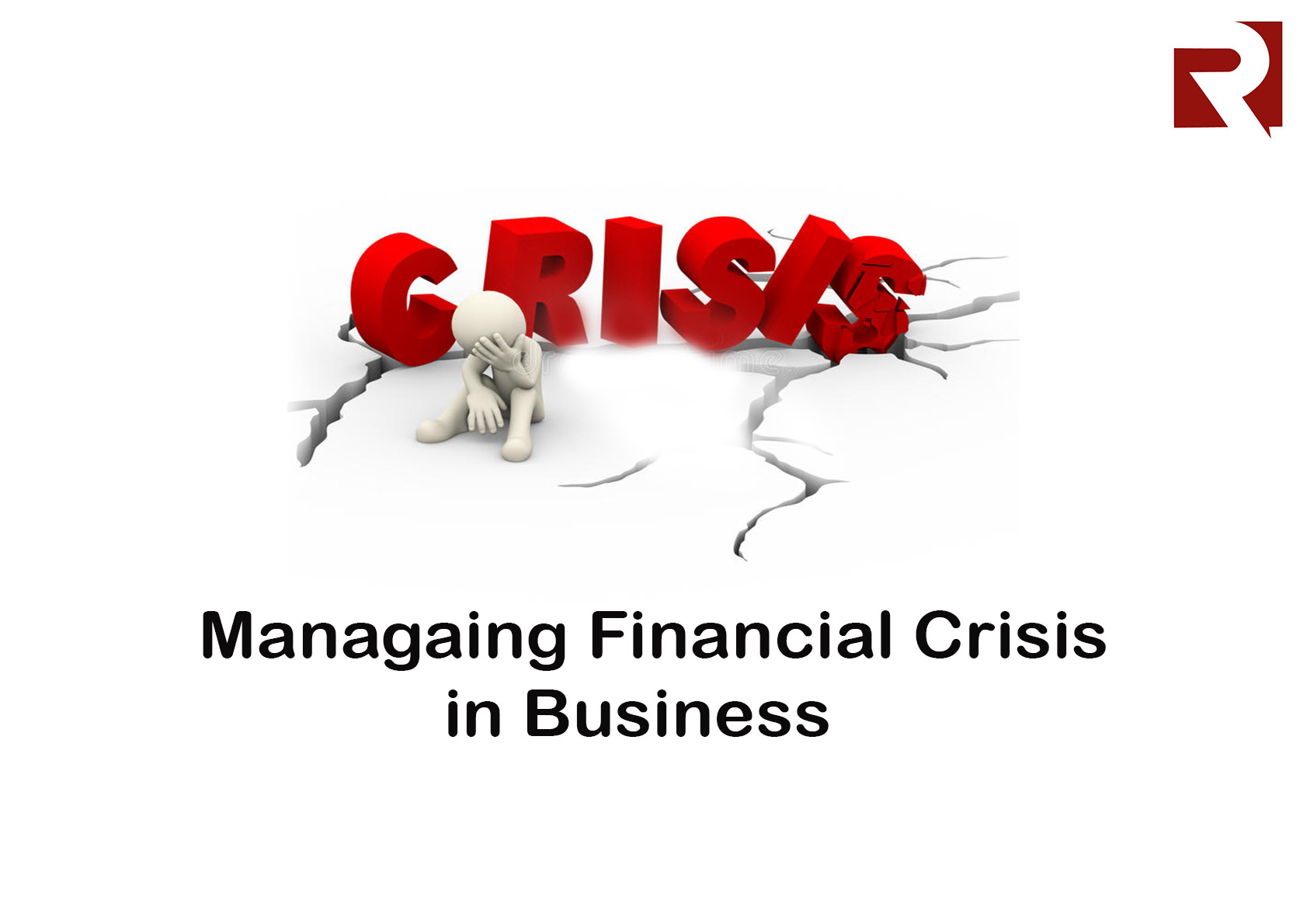Running a business is a full-blown circle of ups and downs. There will be times of bloom and times of crisis. And one of such is in the area of Finance. Money is at the core of every business. So, a financial crisis is such that, if not carefully handled, could lead to the company closing its doors.
It is good to have strategies in place to keep you from a financial crisis. The alarms go off when you are crossing the line so you can adjust. But the reality is, as a business, you cannot escape a financial crisis. Notwithstanding how focused, productive, and strategic you are as an organisation, anything can come up that will affect cash inflow, profit generation, and investment funding.
This drives home the need to be familiar with how to deal with a financial crisis. These are not some random things that should pop up on your To-do list one morning. It is a well thought out plan that is implemented over time to increase productivity and ensure relative stability. These practices that are already put in place, are then reinforced in a crisis.
Every business is unique in terms of how it is run, undergirded by organisational goals, founders'/management's preference, and investors input. And this will, of course, influence an organisation's response to a crisis.
For any business navigating through the stormy waters of a financial crisis, coming out more powerful is not an easy feat. One careless step, one rash decision could send the business crashing down totally. Managing a Crisis has to be with all honesty from every party involved. Here are five things to consider in managing a financial crisis.
Budgeting
Budgeting is not a strange term for any business. It is a significant part of your financial planning. However, during a financial crisis, it is something to be considered more seriously. Make a budget the business' finance can accommodate and stick to it.
An excellent way to cut down on budget is to divide the items on your regular statement into essentials and non-essentials. Non-essentials should be ruled out or left to for a time of surplus. Also, the essential items should then be in the order of priority and urgency. Things that can move to the next budget conveniently should move. The idea is to achieve considerable productivity on a minimum budget.
Hire an Expert
While this might not be a step to take every time there is a crisis, a financial crisis often requires getting someone who can break walls to walk the business through it. It is good to consider hiring and working with an expert to develop practical and sustainable solutions to revive the business. There might be someone in-house who does that already, but getting a fresh mind on the team works, especially one who specialises in that particular area of conflict.
If the company cannot afford to add one more person to the payroll, consulting with an expert freelancer is an excellent deal to consider. In choosing an expert, find out the success rate and the niche of that person. Be sure that you need that service as hiring or consulting an expert is not a cheap choice. The severity of your financial crisis should require it.
Organise your debt
Contrary to the popular view of ignoring your debt till you are financially stable, acknowledging your debt and paying it back is the better option. Your debt is a contributor to your financial crisis. And what you should be doing is addressing everything that got you into that situation in the first place, not ignoring it.
Plus, if you ignore your debts, your interest will only keep accumulating. You will end up with a more deficit than before and probably another financial crisis around the corner.
Instead, organise your debt, negotiate repayment plans that fit into your current financial state and begin to pay them back. You can increase what you are paying back as you gradually come out of the crisis. But don't relax, don't stop paying back.
Review of Staff Structure
The first thing that comes to mind here is laying off staff. While downsizing may not be a sweet option is it is sadly a realistic option. It is not easy to let people who have worked to build the business go. But a refusal to do so can bring the company down totally, beyond recovery. The payroll takes a chunk of the company's revenue. And in a financial crisis, keeping up with a heavy payroll won’t help one bit.
However, depending on the severity of the financial crisis, there are other options the company can explore instead of downsizing. Departments that can work remotely should work remotely. It will help save the cost of keeping the office open with all departments running. Some members of the staff can work part-time, working remotely and for only a few hours daily. Of course, it comes with a pay cut and reduces the burden of the payroll.
Raise Investment Funds
This tip is coming last on this list because it might not be the wisest thing for you to do when facing a financial crisis. And it is because of the risk involved in raising investment funding. If things do not go as planned, the company can end up worse than it started. Raising investment funds remains the fastest way to bounce out of a financial crisis, but not the surest way.
Before raising investment funds, ensure you have the structure to maximise that investment and make a profit. Also, consider the current market trend. It might be that you should branch out or increase productivity in your established line. Do not raise investment funds for a business with a diminishing market. Instead, use your current resources to start a new line.
Conclusion
Managing a financial crisis is a very fragile process, and there is no ultimate to end it. Although you can put measures in place to prevent frequent occurrences, you cannot completely escape them. Surviving a financial crisis is not about avoiding shame. It is not about making more money. It is about building a business that will stand, a Business that will last.



